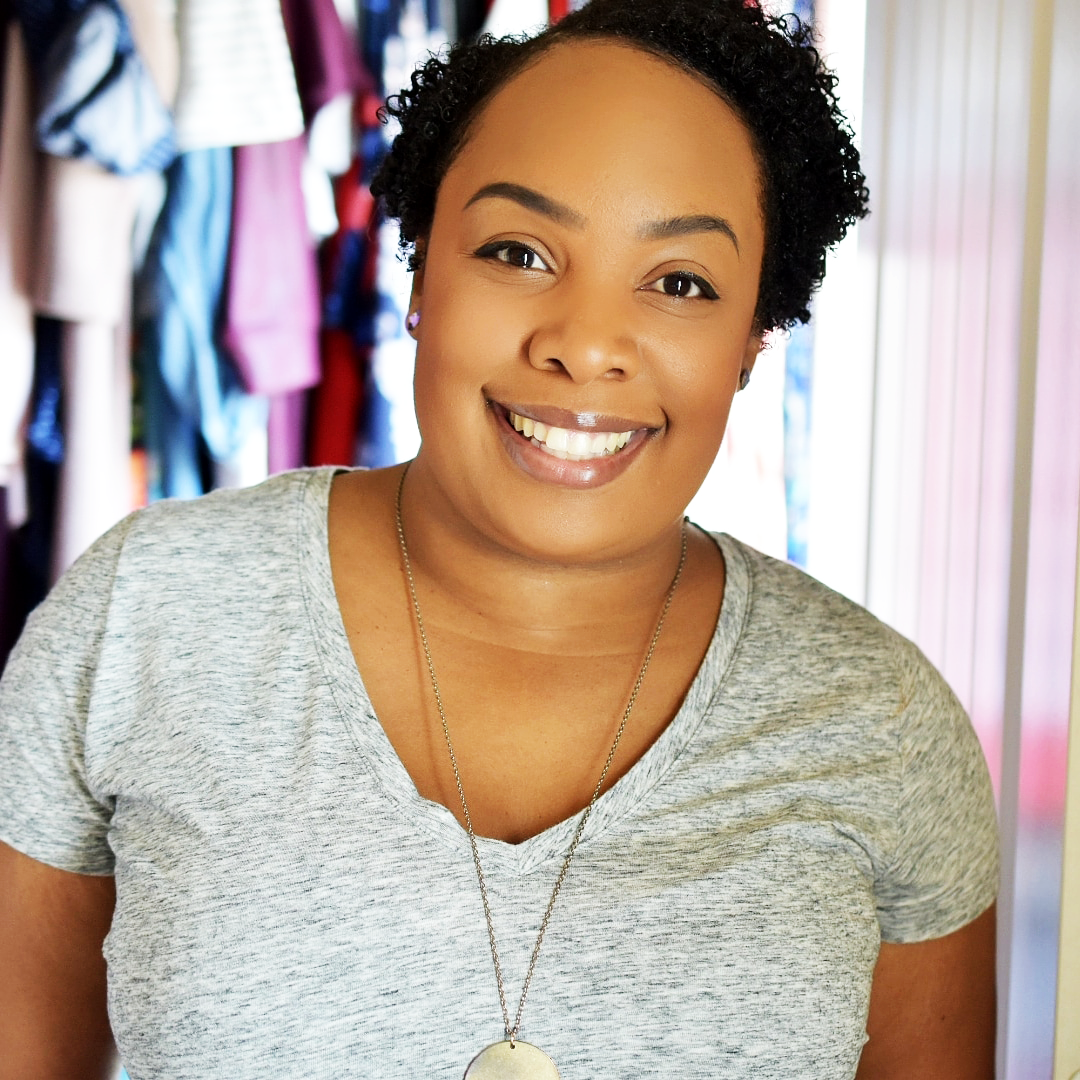|
At what point should you start saving up to buy a house? The obvious answer is as soon as possible. If you can start by saving 10% of your monthly allowance as a teenager, you’re off to a good start. It’s also pretty obvious that teenagers are not going to start saving for a comfortable down payment on their entry-level home. Fast-forward a few years to your early 20s and financial experts start talking about the wisdom of retirement planning and savings. But, those in their early 20s usually have other priorities, like student loans, car payments and rent (and social lives, don’t forget social lives). When you hit your 30s, you’ve accumulated additional debt and you may have kids to take care of, which means bigger cars and bigger car payments, not to mention a bigger rental house and higher rent. So how, exactly, does one define “as early as possible”? With great difficulty It differs from person to person and from financial situation to financial situation. For example, someone with a bursary that guarantees a job upon graduation is in a far more comfortable position financially than someone who had to work two jobs to get through college and who is still stuck waitering while his CV is out in the world, trying to attract attention. Our fortunate bursary student can afford to start saving for a home almost immediately. In fact, it’s highly recommended that she does; even if she doesn’t intend buying a house for another 10 years. Why is this? Because a study in the UK has found that it can take up to 10 years to save for a deposit on a home. Can we generalise? The study by the Home Builders Foundation in the UK is, rather obviously, UK-specific, but that doesn’t mean we can’t learn some lessons on an international level. After all, housing markets may still be in a bit of a slump but houses still aren’t easily accessible for first-time buyers. According to the study, it’d take someone in their 20s seven years to save up enough money for a deposit on a house, provided they saved 33% of their salary every month. That’s not a small sum. Ten years ago it would have taken them two and half years to reach the same goal. It gets much worse when you want to buy in London, where it can take up to 24 years to save enough money for a deposit. Now think about buying a house in New York, LA or Chicago. The result: the number of first-time buyers in the UK has dropped by 64% in 10 years. It’s difficult to generalise these figures with any degree of certainty, but it’s not beyond the realm of possibility that first-time buyers face similar obstacles in the US, France, Australia and South Africa. So, at what point should you start saving up to buy a house? As soon as possible, of course. Your best bet is to talk to a financial advisor about your financial goals – pay off debt, buy a car, apply for a bond – so you can take a proper look at your budget and your saving power. After all your monthly expenses have been paid, you might be able to scrape together a hundred dollars for your mortgage fund, which is a start. Or, you might want to pay off your debt first so you can save larger sums every month for your deposit. Either way, your 20s is the really the ideal age for you to start saving for your house – even though you might think the end goal is still aeons away. Featured images:
Written by Sandy Cosser whose dream to own a small cottage with a garden and a picket fence means that she spends a lot of time testing bond calculators to see if she can turn her dream into a reality.
0 Comments
Leave a Reply. |
About Me
I'm Louida from Atlanta, Georgia and I'm a mother of two daughters, and a full-time blogger/influencer.
I love helping others learn how to start working from home online free to help supplement their current income. I also blog at Productreviewmom.com Subscribe to newsletter
Google+
Pinterest
Grab my Badge
 SponsorsCategories
All
Archives
March 2020
Sponsors
|
ABOUT LOUHey! I'm Louida (Lou-why-da) Martin, but I like to go by Lou for short.
I was born and raised in Northern California, and now reside in Greater Atlanta, Georgia area with my two teen girls and high school sweetheart. I created this blog to show people that there are ways to make money online free. No need to take on a second job. |
QUICK LINKS |
© 2008 - 2018 LM Marketing, LLC - All Rights Reserved - Web Design by Debbie Navarro Disclosure Policy - Privacy Policy |
Disclosure : EarningFreeMoney.com earns income through affiliate marketing programs, it does not affect the views of this content. Results may vary on how much you make with programs advertised on this blog.





